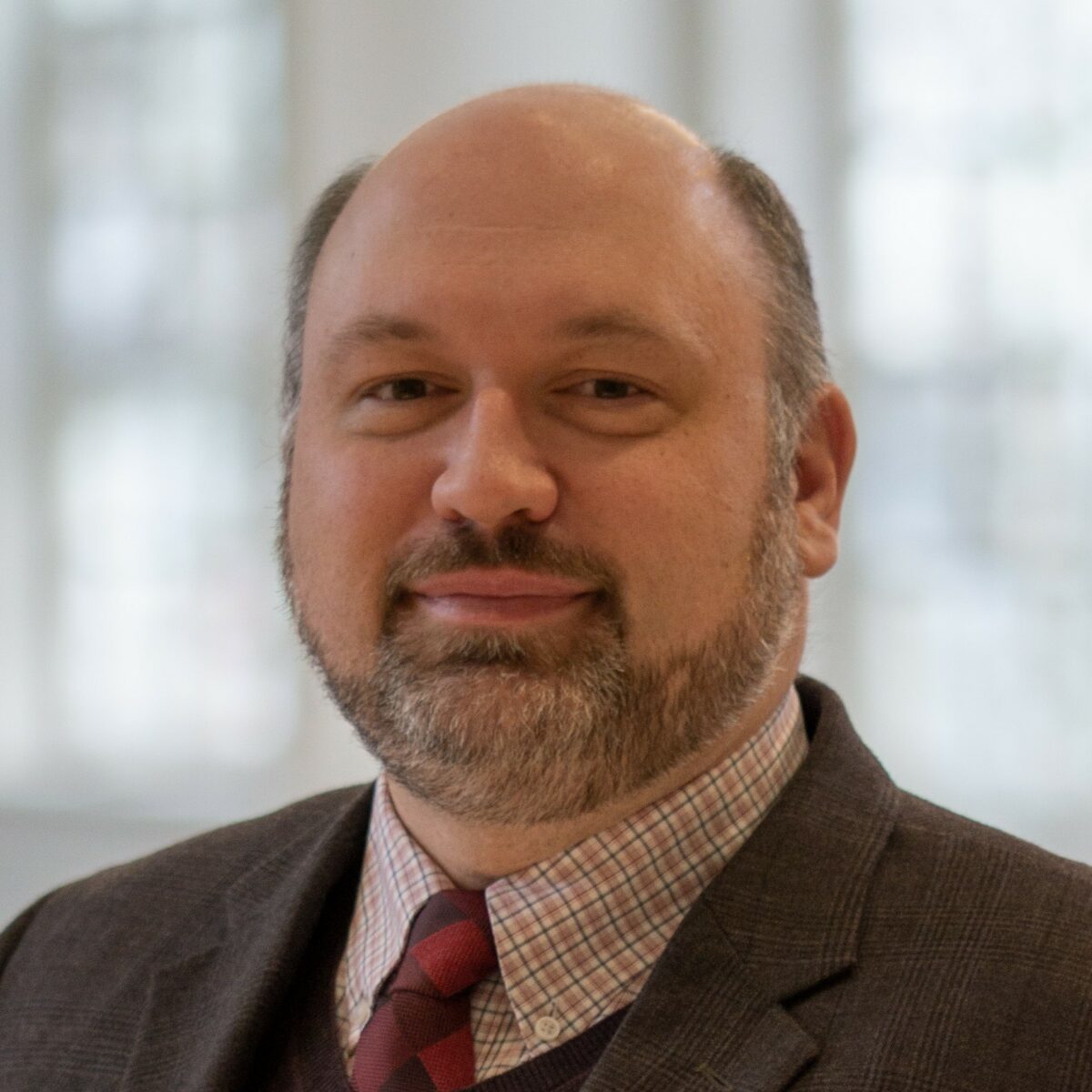Commentary on 2 Peter 3:8-15a
The second reading assigned for the Second Sunday of Advent in the lectionary can seem like liturgical whiplash. The lection for the First Sunday was the introduction of one of Paul’s letters, paired with texts focusing on Christ’s second coming. This Sunday’s lection appears to be the exact opposite: the conclusion of a letter paired with the beginning of the gospel message from John the Baptizer. Yet, the juxtaposition of beginning and ending makes complete sense during this Advent season, as we both bid farewell to the old liturgical year and welcome in the new, and as we hold together the coming of Christ in past, present, and future.
Most images of waiting conjure up annoyance and irritation: being placed on hold when talking with the insurance company, standing in line while checking out at the supermarket, sitting in the doctor’s office awaiting lab test results, and the list goes on. In today’s culture of instant purchases through Amazon Prime and the 24-hour news cycle that tells us what is happening around the world at all times, waiting is the ultimate countercultural action (or possibly non-action).
Yet, the Christian life is characterized by (sometimes inconvenient) waiting. Twentieth-century theologian Paul Tillich describes it this way in his book The Shaking of the Foundations:
Our time is a time of waiting; waiting is its special destiny. And every time is a time of waiting, waiting for the breaking in of eternity. All time runs forward. All time, both history and in personal life, is expectation. Time itself is waiting, waiting not for another time, but for that which is eternal.1
The waiting of which Tillich speaks is the waiting to which the author of 2 Peter calls us during this season of Advent.
We want things to happen on our own time; we want God to fit into our timelines; we want to dictate when things start and when they finish. Advent is a reminder that not everything is in our control, and calls us to question those things we think are in our control. Advent is an opportunity to rethink our relationship with time.
And that is what the author of 2 Peter is calling his reader to do: reorient with regard to time. God’s time is not our time, and our time is not God’s time. Seasoned preachers have undoubtedly preached a sermon (or multiple) on the distinction between kairos and kronos—God’s eternal time and our chronological/linear time. While the author does not make this lexicographical distinction, the text lends itself to this interpretation.
The promises of God do not happen on our timeline, for we are not in charge of what God has promised; rather, God makes promises which we are not to doubt, even if they do not happen when we expect that they should. As Tillich noted, our life is one of expectation, but even that consists of waiting.
The promises that God enacts are not new. By drawing on Psalm 90, the author of 2 Peter concretely reminds his readers that God is eternal and has been enacting promises since the very beginning of time.
Yet, the fulfillment of these promises on God’s timeline is no reason for running amok; instead, Christians are to inhabit this time of waiting by being at peace, “leading lives of holiness and godliness” (verse 11). Some may cringe at such language, but it is important to remember that it is God who is the one who is acting. Lutherans will recall Luther’s explanation of the third article of the Apostles’ Creed, that it is the Holy Spirit who is responsible for that work.
In Matthew’s Gospel, Jesus also describes the coming of the Lord like a “thief in the night” (see also 1 Thessalonians 5:2), again reinforcing that we are not fully in control of how God reveals God’s self in time. The regular rhythm of the liturgical year does us a disservice here, as we know that God will reveal God’s self in the birth of Christ in a couple of weeks. Yet, the patience of waiting does not mean we remain uncertain. Rather, waiting in God’s kairos means living confident in God’s promises. We do not remain what we were in the past, but we look ahead, as the Rule of Taizé notes:
Renouncing henceforth all thoughts of looking back, and joyful with infinite gratitude, never fear to precede the dawn: to praise and bless and sing Christ your Lord.2
We look ahead to hearing again of God made flesh and dwelling among us, which leads us into constant song.
Notes
- Quoted in An Advent Sourcebook, ed. Thomas J. O’Gorman (Chicago: Liturgy Training Publications, 1988), 5.
- Quoted in An Advent Sourcebook, 142.


December 10, 2023